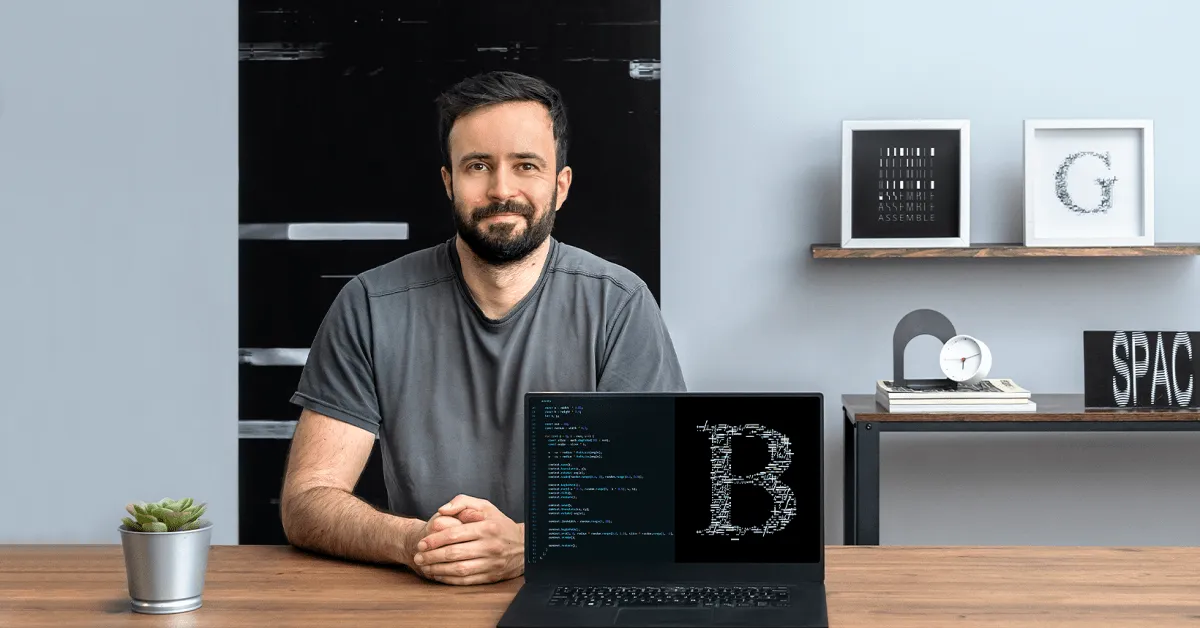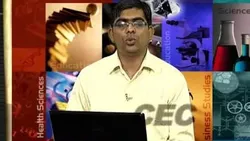
Securing Digital Democracy 
This course provides an in-depth exploration of the security risks and potential of electronic and Internet voting. It covers the past, present, and future of election technologies, as well as the various areas of computer security, human factors, and public policy that intersect with voting. ▼
ADVERTISEMENT
Course Feature
![]() Cost:
Cost:
Free
![]() Provider:
Provider:
Coursera
![]() Certificate:
Certificate:
Paid Certification
![]() Language:
Language:
English
![]() Start Date:
Start Date:
31st Jul, 2023
Course Overview
❗The content presented here is sourced directly from Coursera platform. For comprehensive course details, including enrollment information, simply click on the 'Go to class' link on our website.
Updated in [March 06th, 2023]
This course, Securing Digital Democracy, provides an overview of the security risks and potential of electronic and Internet voting. Students will explore the past, present, and future of election technologies, and examine the various spaces intersected by voting, such as computer security, human factors, public policy, and more. Through lectures, discussions, and hands-on activities, students will gain an understanding of the security risks and potential of electronic and Internet voting. By the end of the course, students will have a better understanding of the security risks and potential of electronic and Internet voting, and be able to make informed decisions about the future of digital democracy.
[Applications]
The application of this course can be seen in the development of secure digital voting systems. After taking this course, students should be able to understand the security risks associated with electronic voting and Internet voting, as well as the potential for future technologies. They should also be able to identify the various spaces intersected by voting, such as computer security, human factors, public policy, and more. Additionally, students should be able to develop secure digital voting systems that are resilient to cyber-attacks and other security threats.
[Career Paths]
1. Election Security Analyst: Election Security Analysts are responsible for ensuring the security of the voting process. They analyze the security of voting systems, develop security protocols, and monitor the security of the voting process. They also work with government officials to ensure that the voting process is secure and that the results are accurate. As the use of electronic voting and Internet voting continues to grow, the demand for Election Security Analysts is expected to increase.
2. Election Technology Developer: Election Technology Developers are responsible for developing and maintaining the software and hardware used in the voting process. They design and develop voting systems, create user interfaces, and develop security protocols. As the use of electronic voting and Internet voting continues to grow, the demand for Election Technology Developers is expected to increase.
3. Election Lawyer: Election Lawyers are responsible for ensuring that the voting process is conducted in accordance with the law. They advise government officials on election laws and regulations, and represent clients in election-related legal proceedings. As the use of electronic voting and Internet voting continues to grow, the demand for Election Lawyers is expected to increase.
4. Election Data Analyst: Election Data Analysts are responsible for analyzing the data collected from the voting process. They analyze the data to identify trends and patterns, and develop strategies to improve the voting process. As the use of electronic voting and Internet voting continues to grow, the demand for Election Data Analysts is expected to increase.
[Education Paths]
1. Computer Science: Computer Science is a field of study that focuses on the design, development, and analysis of computer systems and software. It is a rapidly growing field, and its applications are becoming increasingly important in the digital age. With the rise of electronic voting and Internet voting, computer science is becoming increasingly important in the security of digital democracy. Computer scientists are developing new technologies to ensure the security of digital voting systems, as well as developing new methods to detect and prevent fraud.
2. Political Science: Political Science is the study of government, public policy, and political behavior. It is a field that is closely related to the security of digital democracy, as it is concerned with the laws and regulations that govern the use of electronic voting and Internet voting. Political scientists are researching the implications of digital voting on the democratic process, as well as the potential for fraud and manipulation.
3. Information Security: Information Security is the practice of protecting information from unauthorized access, use, disclosure, disruption, modification, or destruction. It is a field that is becoming increasingly important in the digital age, as the security of digital democracy is dependent on the security of the systems used to conduct elections. Information security professionals are developing new technologies and methods to ensure the security of digital voting systems, as well as developing new methods to detect and prevent fraud.
4. Cybersecurity: Cybersecurity is the practice of protecting networks, systems, and programs from digital attacks. It is a field that is becoming increasingly important in the digital age, as the security of digital democracy is dependent on the security of the systems used to conduct elections. Cybersecurity professionals are developing new technologies and methods to ensure the security of digital voting systems, as well as developing new methods to detect and prevent fraud.
Pros & Cons

Relaxing evenings.

Well designed academic "mind opener".

Real examples to illustrate weaknesses.

Long wait for certificate.

Poor response in forums.

Easy for engineering students.
Course Provider

Provider Coursera's Stats at AZClass
Discussion and Reviews
0.0 (Based on 0 reviews)
Explore Similar Online Courses

Creative Coding: Making Visuals with JavaScript

Fashion Technology: A Beginner's Guide to CLO 3D

Python for Informatics: Exploring Information

Social Network Analysis

Introduction to Systematic Review and Meta-Analysis

The Analytics Edge

DCO042 - Python For Informatics

Causal Diagrams: Draw Your Assumptions Before Your Conclusions

Whole genome sequencing of bacterial genomes - tools and applications

The Ideal of Self-Governance: Public Policy Beyond Markets and States

Public Administration


Start your review of Securing Digital Democracy